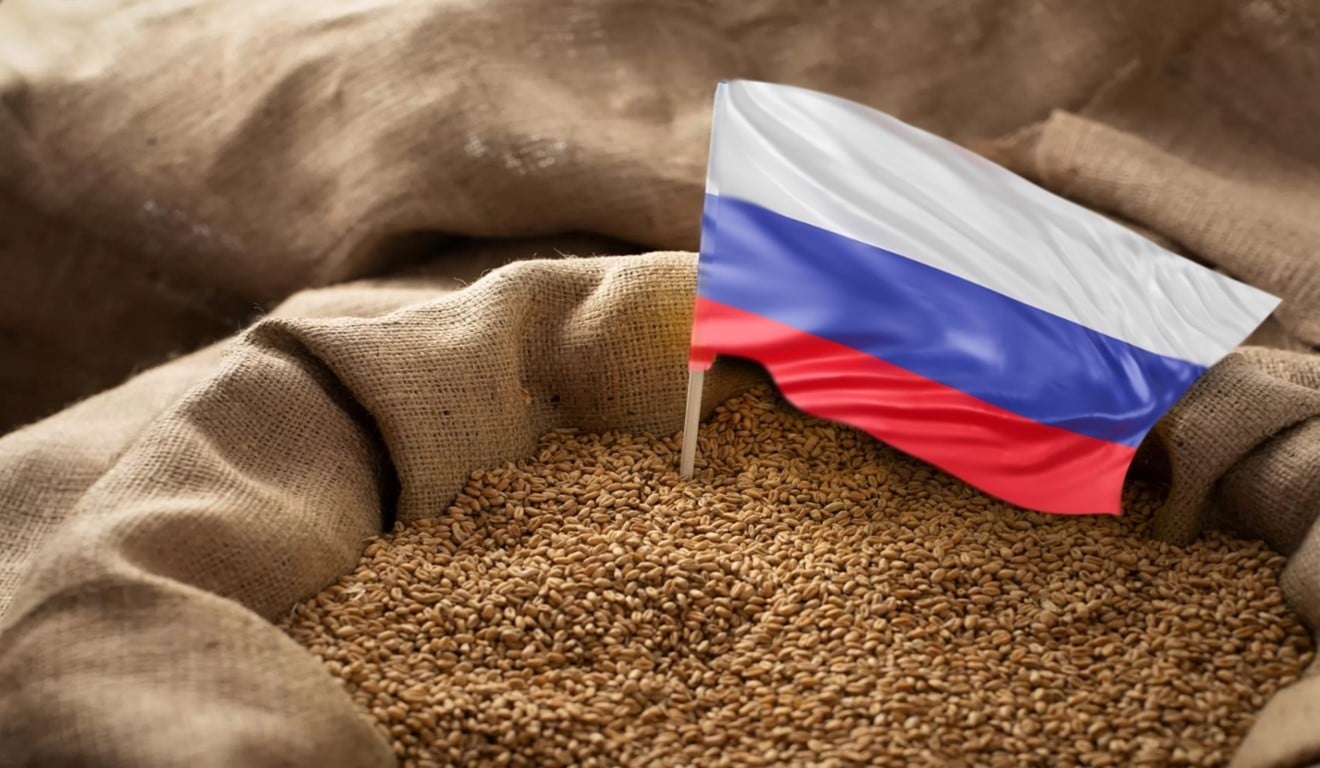
Cairo
Source: Al Wafd Newspaper
Dr.. Ali Mohamed Al-Khouri
In a worrying development for the global food market, Russia recently – in mid-July 2023 – withdrew from the grain export agreement. The Russian move comes after food prices in global markets witnessed a sharp increase of more than 40% in the wake of the conflict in Ukraine. The two parties to the conflict are major contributors to the global food supply. The two countries are major exporters of grains such as wheat, barley, corn, sunflower oil, fodder, fertilizers and other essential products.
The Russian decision, in its simplest form, indicates a crisis that is holding the world’s breath away, which may lead to a deepening of the bleeding of the global economy that has been going on since and before the Corona pandemic, and it necessarily requires a re-evaluation of international food security policies.
The grain export agreement and the threat to the lifeblood of the world order
After the start of the Russian war in February of the previous year, the Ukrainian-Russian grain agreement was drawn up across the Black Sea – which is the only sea outlet for Ukraine to export grain to the world – amid the eastern European Union’s reluctance to export through it. The pretext for the abstention of countries such as Poland is based on the fact that Ukraine’s export of grain through Ukraine harms its interests, undermines its domestic production, and affects its crop market due to the surpluses and the accumulation of silos as a result of logistical bottlenecks. It is noteworthy that the agreement has facilitated the shipment of 40 million tons of grain since its signing in July 2022.
Broken deal
Russia’s decision to withdraw from the grain agreement hinges on several key issues. According to the grain deal, Russia’s demands focus on reconnecting the Russian Agricultural Bank with the international payment system “Swift”, resuming the supply of agricultural machinery and spare parts needed for Russian agriculture, lifting the Western embargo on transport and insurance logistics, and reviving the ammonia pipeline between the Russian cities of Tolyatti and the Ukrainian Odessa. And the unfreezing of the assets of Russian companies and the accounts of companies operating in the field of exporting foodstuffs and fertilizers.
Among the reasons for Russia’s withdrawal from the grain agreement is Ukraine’s use of the safe sea passage designated for the transportation of grain to carry out attacks against it with drones and various other attacks. Also, according to the Russian version, it is the non-compliance with the provisions of the agreement, which stipulates the arrival of Ukrainian wheat to poor and developing countries, but rather its arrival only and exclusively to the rich western countries of the European Union. Statistics indicate that 43% of the Ukrainian grain shipped by sea was transported to Europe, while only 17% of it found its way to the middle countries and 2.5% of it went to the poor countries in Africa that depend on the production of the two countries at reduced prices.
Impact on the global food market
Russia’s termination of the grain export agreement is not just a geopolitical issue, as its repercussions are likely to reverberate through the global food market, affecting countries far from the epicenter of this conflict. Disruption of export activities will inevitably cause major disruptions in international markets. The Arab region, including the Persian Gulf region and North Africa, which is one of the largest importers of Russian-Ukrainian corn, wheat and fodder, will need to look for alternative sources of supply. Although the Arab countries have diversified their sources of imports to avoid potential crisis developments, it is expected that Russia’s decision to stop the agreement will have significant and undeniable effects on food security throughout the Arab region. However, all scenarios indicate that the Arab region will face increases in food prices, in addition to a shortage in supply ratios.
Global food prices, already inflated by the ongoing conflict, could escalate further, increasing the cost of living and exacerbating food insecurity, particularly in developing countries. The situation will be further complicated for the countries of the Eastern European Union, which depend heavily on Ukrainian grain. Unwillingness to allow Ukraine to export grain through its territory may lead to instability of the domestic market and impact on its agricultural economies.
The termination of this agreement also has major repercussions for global food aid, with lower prices of Ukrainian grain available to poor and developing countries, potentially exacerbating hunger in already food-insecure regions. Hence, the impact of Russia’s withdrawal from the grain agreement is far-reaching, which may affect regional food security and, consequently, international commodity prices and an upcoming economic disaster.
Looking Forward: The Need for Diplomatic Interventions and Policy Revisions
The ongoing international efforts to restore the grain agreement will depend on the possibility of reaching solutions that satisfy the parties to the conflict, especially with regard to the Russian demands. Policymakers around the world need to act proactively to mitigate the effects of such escalatory steps and work to form new trade partnerships and investment plans to ensure stability in global food supply chains.
As negotiations continue, policymakers need to assess the long-term effects of such geopolitical conflicts on global food security. Ensuring the diversification of food import sources, investing in local agricultural sectors, and formulating strong international agreements to confront such crises can be potential strategies to mitigate the effects of such conflicts, but they will remain temporary solutions.
The crisis of the Russia-Ukraine grain agreement underscores the complex links between geopolitics and food security. It is an early warning bell to remind the realism of the need for wisdom to overcome differences, strategic planning and international cooperation to protect food supply chains in the world from the prevailing and future uncertainty.
| About | |
|---|---|
| Initiatives | |
| Knowledge | |
| Services | |
| Media Center | |
| Contact |